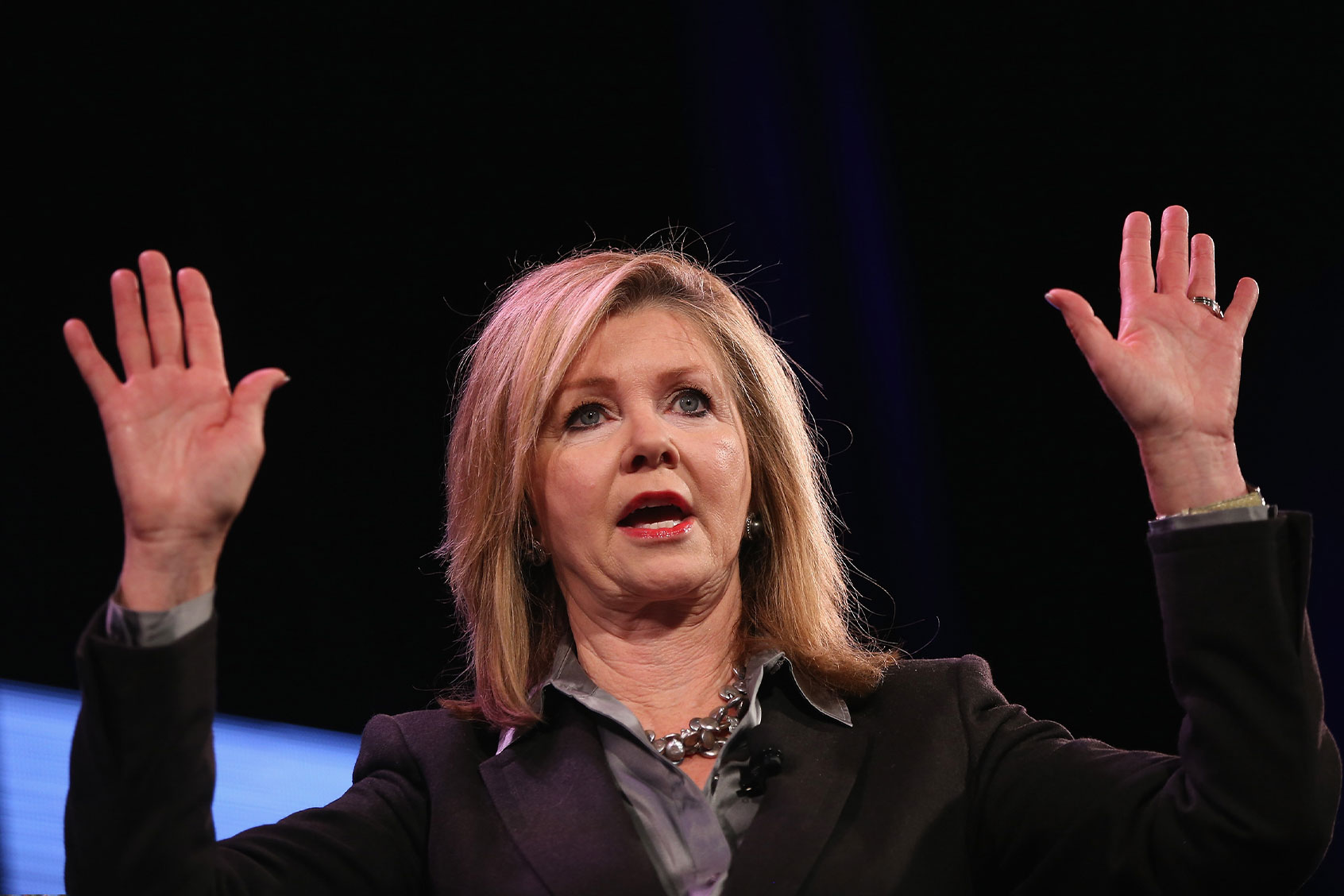This month marks the one-year anniversary of the Uvalde and Buffalo shootings, two mass shootings that left over 30 people dead. Remembering the victims of last May’s horrific events has been punctuated by the most recent mass shooting this month in Allen, Texas – the state’s deadliest since the Uvalde massacre. Acknowledging the anniversaries of mass shootings, even as fresh tragedies continue to occur, has become part of the rhythm that accompanies America’s deadly gun culture.
By now it has become painfully clear that we cannot rely on policy alone to stop this epidemic. We must think differently about this problem and attack the root of the issue: the myth that guns make us safer. Today most Americans believe this myth, which lies at the core of our deadly gun culture, and it’s leading more and more Americans to buy guns. The gun lobby and its enablers have long pushed the myth that only a so-called good guy with a gun could stop a bad guy with a gun. As the bodies have piled up, however, gun advocates have only expanded the universe of armed good guys — from teachers to now grandparents.
In truth, all these guns are not making us safer, and study after study has shown that homes with guns have more gun violence. While mass shootings grab the headlines, everyday gun violence caused by the decision to keep guns at home is equally devastating.
The rate of teen suicides using a gun nearly doubled between 2010—2020.
Kelsey Amanda McDuffie was 17 years old when the handgun her friend was cleaning discharged and killed her. Siblings Sakendra, Sakenya, and Sakenlo Steele were 9, 12, and 14 when their mother shot and killed them in their own home. Rosalinda Martinez was just 8 months old when a gun went off during a domestic dispute and ended her life.
Last month alone, 147 kids under 18 were killed by guns, not including suicides which typically are not reported in the media. Data show that the rate of teen suicides using a gun nearly doubled between 2010 and 2020.
And yet the gun industry and gun lobby continue to perpetuate the myth that guns keep us safe.
In the last two decades, billions of dollars have been spent to lobby for tougher gun laws, elect “gun safety candidates,” produce new research, mobilize grassroots supporters, promote community-based solutions, and on and on. And each of these tactics has resulted in some victories against the gun lobby: elections won, laws passed, research released, supporters activated and increased support for community-based solutions.
And yet, despite these signs of progress, we cannot claim success. Gun violence has only gotten worse, even in many states that passed stronger gun laws. To be sure, extreme partisanship and a hostile Supreme Court are part of the reason this progress has not been more impactful.
But there’s more to it: In the last 20 years, organizations working to reduce gun violence have largely avoided the gun lobby’s main talking point – the myth that guns make us safer. And in that time, more Americans are going armed and more are dying by guns.
Changing this belief won’t be easy. The polarized nature of this issue means most voting-age adults are unwilling to change their views on guns. However, young people’s views on guns are still forming, and there is reason to believe that they can be the ones to shift the narrative and reverse the trends.
Want a daily wrap-up of all the news and commentary Salon has to offer? Subscribe to our morning newsletter, Crash Course.
This is an extremely personal issue for young people. Firearms have become the leading cause of death for children and teens, and young people have grown up with normalized lockdowns and active shooter threats. Gen Z ranks gun violence as a bigger problem than climate change or abortion access.
This generation — often called the “lockdown generation” — is uniquely positioned to change gun culture. They utilize and understand social media platforms better than anyone and are often the ones driving the creation and adoption of new cultural trends.
Nearly half of young people told researchers they wanted more information about the risks of gun use but didn’t know where to go for information. By providing teens with the data and having honest conversations about the realities of gun violence, we can help the next generation create a new culture regarding guns and reject the belief that guns make them safer.
At Project Unloaded we’ve seen firsthand that this approach to cultural change is viable. Through a positive, fact-based social media campaign we saw nearly 20% of teens shift their views against gun ownership after receiving simple messages on gun risks.
This type of culture change has worked before. During its campaign against cigarettes, the Truth Initiative learned it’s much easier to change the minds of young people than adults, so they focused on reducing teen smoking. They engaged young people directly, providing them with the facts in a manner that made sense to them. As a result of these efforts, less than 3% of teens smoke cigarettes today.
Cultural change often goes hand-in-hand with policy change. In addition to cigarettes, we’ve seen young people shift the culture around topics like marriage equality and drunk driving, which also led to legislative reforms. The same can be done for guns.
The most recent shooting in Allen, Texas, on the eve of the Uvalde and Buffalo anniversaries is a stark reminder that our current approach to ending gun violence is falling tragically short. However, we have the opportunity to step into the gap by providing the next generation with the truth about gun violence and the risks of having and using guns. Doing so can help change our deadly gun culture and create a safer, less violent future.

